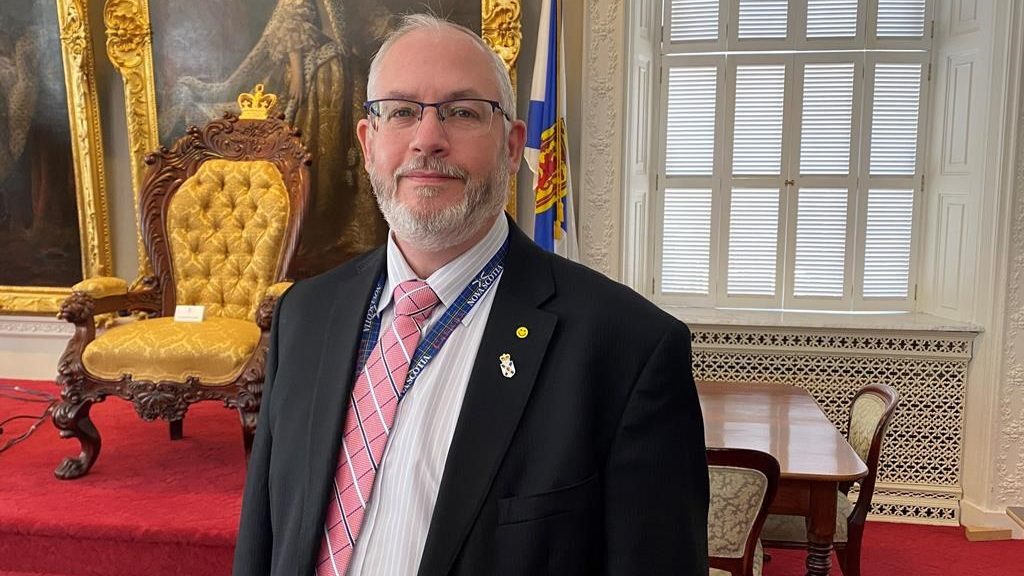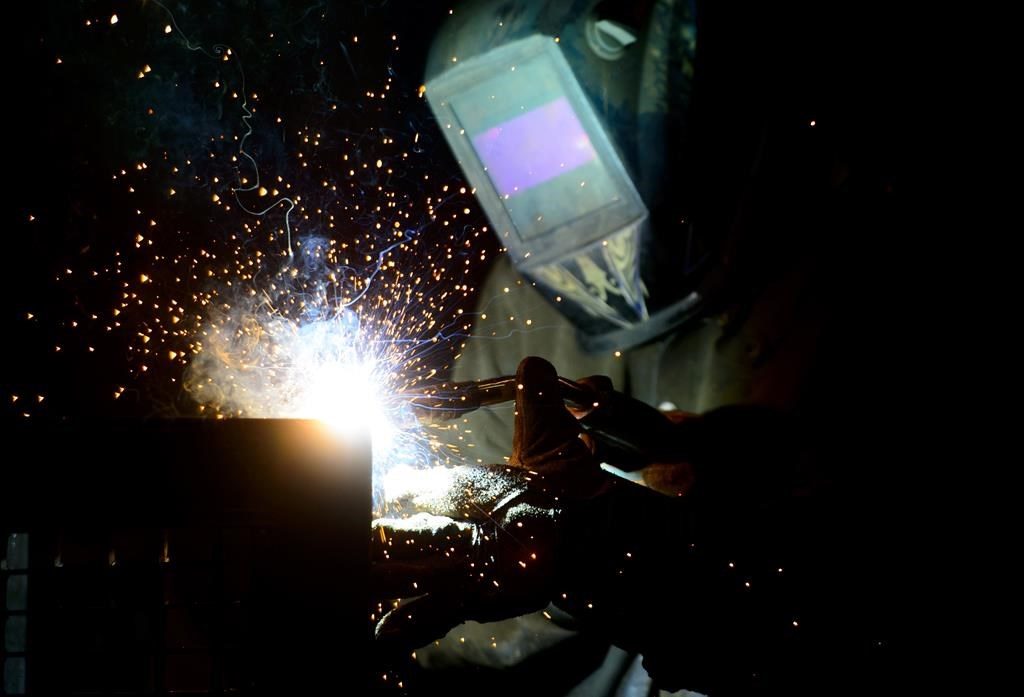Political thriller ‘Inescapable’ probes gender inequality in Middle East
Posted Sep 13, 2012 02:27:50 PM.
This article is more than 5 years old.
TORONTO – “Inescapable” director Ruba Nadda, born in Montreal but raised for a time in Syria, is wracked with nerves each time she returns to the Middle East, worried she could be detained indefinitely or forced back to the unstable country in which she spent her teenage years.
The film’s star, Alexander Siddig, was similarly raised for a time in the Middle East, born in Sudan before political turmoil forced him to flee for the U.K. But unlike Nadda, he whisks through the region now relatively unburdened by concerns over his security.
There’s a simple reason for that.
“I’m a man — I really do have freedom in the Middle East,” the 46-year-old actor said in an interview Thursday during the Toronto International Film Festival.
“You’re going to get (hassled) by police and stuff at the airport, but you’re free. You’re free to do what you like. You’re free to observe religion the way you please, you’re free to enjoy walking the street by yourself, with your friends, smoking out in public.
“Women can’t do any of those things. Men rule the roost.”
And that’s just one of the undeniable truths laid bare in Nadda’s cerebral film “Inescapable,” which opens in Toronto on Friday before expanding to other Canadian cities next week.
The political thriller casts Siddig as Adib, a former officer in the Syrian military police who enjoys a considerably more comfortable family life now in Canada. Until, that is, he’s forced to return to Syria — and the pieces of a life he unceremoniously left behind — when one of his daughters goes missing there.
While the film’s central message concerns the unsettling, paranoia-steeped culture of a country in which a brutal government indiscriminately silences dissension, “Inescapable” also has a lot to say about gender roles in the country.
Academy Award winner Marisa Tomei portrays Fatima, the love of Adib’s Syrian life who waited patiently when he fled to safety in Canada for an invitation to join up that never came.
Nadda, who lived in Damascus on and off for four years until she turned 17, took pains to ensure that her film correctly represented the gender politics specific to Syria, where women are afforded more rights relative to some countries in the region.
“The thing about Syria that is really important, because I’m a Syrian woman, is that it’s a very secular country,” said Nadda, who shot her follow-up to 2009’s award-winning “Cairo Time” in Johannesburg.
“They don’t believe in women veiling — they believe in education, they believe a woman should drive…. My mother, who grew up in Damascus, I have pictures where she’s in a mini-skirt, tank tops and she had a powerful job in her early 20s.
“There’s this reputation that Syrian women are very feisty, they’re smart, they’re strong, they’re opinionated, they’re a little angry. For me, it was really important to have a Syrian woman portrayed this way.”
But for Tomei, it was a strain to play a character still so bound up in so many ways foreign to North American women.
“I think there’s a huge dichotomy (in Syria),” Tomei said earlier this week. “(They’re) known for their education level for women, and then once you’re educated, you can’t really do much. It’s a really, really interesting mix to my eye as an outsider.
“(But) you can’t leave the country … without permission from a male — sometimes you’ll have to go to a nephew, 10 years old, because he’s male, to give you permission to do something,” she added.
“So you don’t really have your own life and even my character, Fatima, she has to live with her brothers because even though she’s a grown woman, she’s widowed and you cannot live alone.
“So it’s not really free-spirited.”
Siddig, meanwhile, says he actually saw the inherent limitations placed on her character take a certain toll on Tomei.
“Marisa was really uncomfortable during the filming because of the fact that Fatima was boxed in,” said Siddig, best-known for roles in “Cairo Time” and the long-running “Star Trek: Deep Space Nine.”
“I don’t think Marisa, being a Brooklyn girl of Italian heritage, is remotely comfortable with that as a person.
“Because Arab women are at the mercy of their husbands, the men around them, in many circumstances,” he added. “A few break out, maybe the ones that live in the West, but the ones that are still there are rudderless ships at sea.
“They wait and hopefully get married to the right guy, and hopefully he doesn’t beat her up too much. I’m painting a bleak picture but it’s not too exaggerated, it’s not hyperbolic.”
Tomei travelled to Beirut to research the role, though she notes now that the sojourn didn’t help her much in her transformation into the tragic Fatima.
But her director and cast — which also includes Vancouver-born “Fringe” star Joshua Jackson as a slippery Canadian consular official — offered effusive praise for her convincing turn, noting that she perfected not just the accent and look of an Arab woman, but the perspective.
“I think she nailed it,” Siddig said. “My first reaction was, ‘Whoa, we’re in for a whole pile of (crap) when she gets onscreen because the press are going to go (crazy) — because they have prejudices built in that they’re not allowing us to be actors.
“And I thought, well, she looks entirely Arabic. That’s a good thing. We can start from there. But then I saw the beating heart of this Arab woman.”
“It ended up she did this performance that was really turned inside-out,” he added. “She was like a knotted, discarded husk of a human being where the soul had long since left…. I think that was really important and really authentic.”










